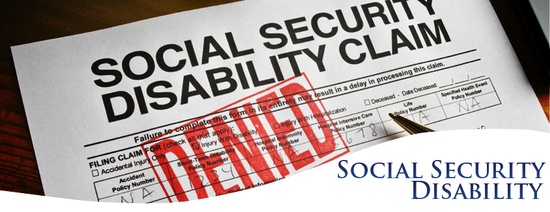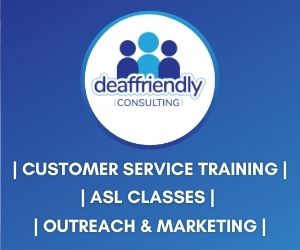ridicuLIST: All Deaf People are Poor and Abuse Government Assistance
Posted by: Staff Writer on March 12, 2014

SSA. SSDI. SSI. HUD. If you’ve heard of these acronyms, you’ve probably also heard them being associated with deaf individuals. Sadly, some stereotypes die hard. One is the idea that all deaf people are poor and abuse government assistance. In a recession, it seems even more so. Because seemingly everyone is broke.
A communication challenge often equals a career challenge making it much more difficult for deaf individuals to get hired for jobs they are qualified for. But the truth is, while government assistance programs are available to disabled individuals, not everyone will qualify. For one, hearing loss must be ranked “severe” by a doctor; also, for some programs, one must prove a history of work.
Monthly Social Security checks are hardly equivalent to a real salary; rather, they are designed to level the playing field between hearing and deaf adults. Here’s how it can provide a bridge to a more financially secure future:
Being deaf is expensive: Ever tried to get your insurance company to chip in for hearing aids? More often than not, your insurance will not cover hearing aids. A pair of digital aids can exceed $8,000, not including batteries. If you have balance, vision or autoimmune issues related to deafness, co-pays bite into your wallet.
It helps with job hunting: You know how you can write off job searches on your taxes? The same idea can apply to SSDI; so you can afford to drive to interviews, buy an interview suit, and get high-speed internet to send out résumés.
Benefits Catch-22: Some deaf individuals are dependent on SS, as they cannot risk losing Medicare health benefits until they get a job with benefits. In this recession, many part-time workers lack health insurance.
Lifeline for late-deafened adults: Being diagnosed with hearing loss can be a career death knell.
Imagine an accident, illness or medication which robs you of your hearing. Imagine you are a tradesman who, newly deafened, is a “job safety hazard.”
SSDI and SSI are essential for the situations above. What other safety net would move you forward?
Of course, some do “play the deaf card” by collecting handouts rather than lift a finger. But don’t let a few bad apples spoil the barrel. Ask a group of deaf people if they want to work, and the majority answer is a resounding “YES.”
.




Comments